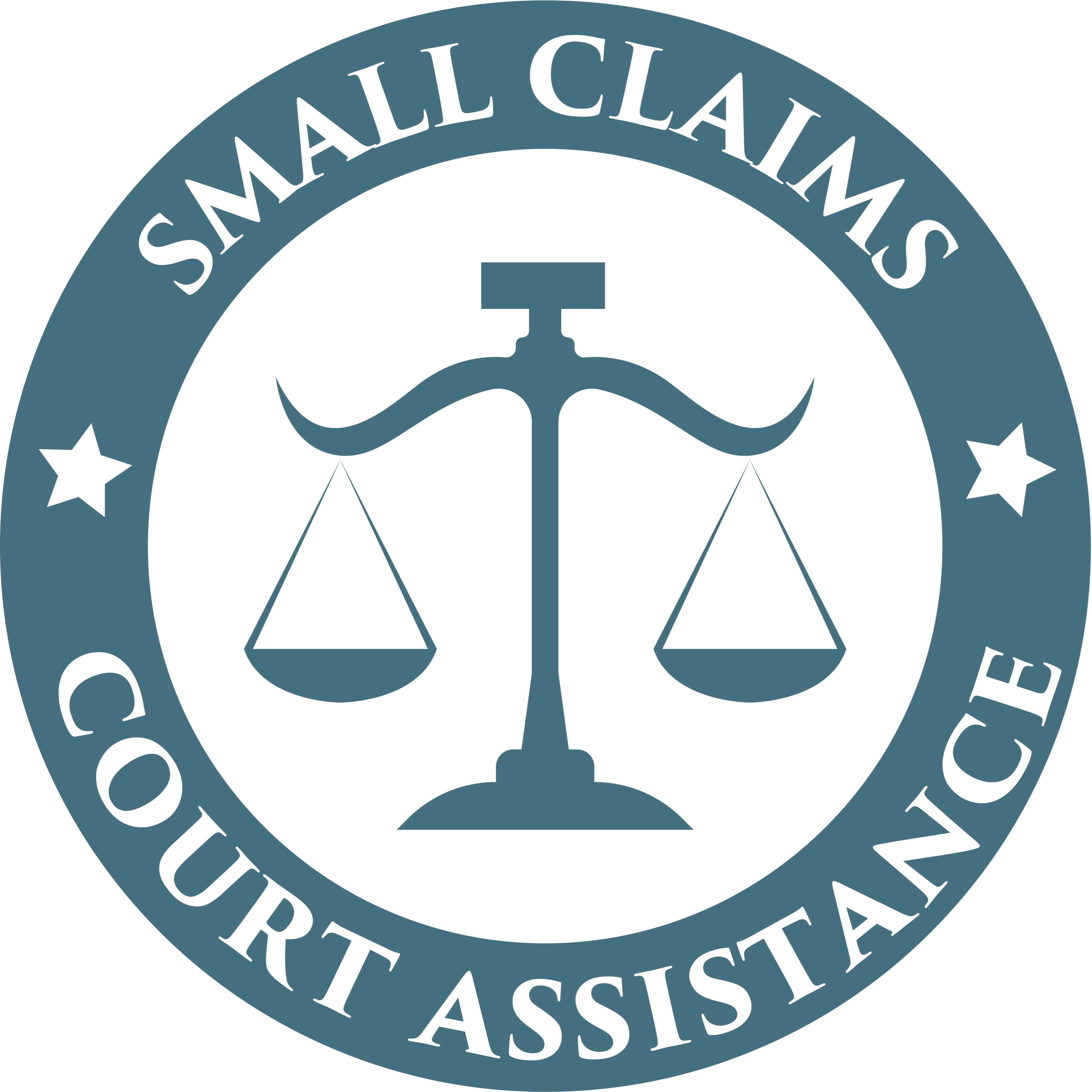As a freelancer, dealing with payment issues can be a challenging and frustrating experience. In this article, we will explore common payment issues faced by freelancers, effective communication strategies for ensuring timely payments, methods for protecting yourself as a freelancer, and tips for maintaining professional relationships in the face of payment disputes. By understanding these key aspects, freelancers can navigate payment challenges with greater confidence and resilience.
Key Takeaways
- Clearly define payment terms and deadlines to avoid misunderstandings.
- Establishing a payment schedule can help maintain a steady cash flow.
- Requesting deposits or milestone payments can provide financial security for freelancers.
- Utilizing escrow services adds an extra layer of protection for freelance payments.
- Effective communication and negotiation are essential for preserving client relationships during payment disputes.
The Freelancer’s Dilemma
Common Payment Issues
Dealing with common payment issues can be frustrating for freelancers. Late payments, non-payment, and disputes over payment can disrupt our cash flow and cause financial stress. It is important for us to have strategies in place to effectively recover the money we are owed. One approach is to establish clear payment terms upfront, including due dates and late payment penalties. Another strategy is to follow up on outstanding invoices promptly and professionally. By maintaining open lines of communication and addressing payment issues head-on, we can increase our chances of getting paid on time.
Navigating Late Payments
Late payments can present challenges for freelancers. It is important to have strategies in place to address these challenges and ensure timely payment. One effective strategy is to set clear payment terms at the beginning of the project. This helps to establish expectations and avoid misunderstandings. Another strategy is to establish a payment schedule, outlining when payments are due and any penalties for late payment. Following up on outstanding invoices is also crucial. Regular communication with clients can help to remind them of their payment obligations and prompt them to make timely payments. By navigating late payments proactively, freelancers can minimize the impact on their cash flow and maintain a healthy business.
Legal Recourse for Unpaid Invoices
When faced with unpaid invoices, collaborators may consider taking legal action. It is important to consult with a lawyer specializing in contract law to understand the available options. One possible course of action is to send a demand letter, which formally requests payment and outlines the consequences of non-payment. If the client still refuses to pay, legal proceedings may be necessary. This can involve filing a lawsuit and presenting evidence of the agreed-upon work and payment terms. It is crucial to keep thorough documentation of all communication and agreements with the client to support the case. While legal action should be a last resort, it can be an effective way to recover unpaid funds and protect the freelancer’s rights.
Effective Communication Strategies
Setting Clear Payment Terms
When it comes to setting clear payment terms, communication is key. We want to ensure that both parties are on the same page and understand the expectations. This can help prevent any misunderstandings or disputes down the line. Here are a few tips to consider:
- Clearly outline the payment due date and any late payment penalties.
- Specify the accepted payment methods and any additional fees.
- Define the scope of work and deliverables to avoid scope creep.
- Discuss the possibility of requesting deposits or milestone payments.
By establishing clear payment terms, we can create a solid foundation for a successful freelance project.
Establishing a Payment Schedule
When it comes to establishing a payment schedule, we believe in clear and transparent communication. It is important to set realistic expectations and ensure that both parties are on the same page. Here are a few key points to consider:
- Agree on payment terms: Discuss and agree upon the frequency and method of payment that works best for both parties.
- Specify due dates: Clearly define the due dates for each payment to avoid any confusion or delays.
- Consider milestones: If the project is long-term or complex, breaking it down into milestones can help manage cash flow and provide checkpoints for payment.
Remember, a well-defined payment schedule helps maintain a healthy working relationship and ensures that both parties are accountable.
Following Up on Outstanding Invoices
After sending the initial letter demanding payment, we take immediate action to contact the debtor. Our team will make multiple attempts to reach a resolution, including phone calls and additional letters. If these efforts fail, we will provide you with a detailed explanation of the situation and recommend the next steps. In some cases, it may be necessary to involve a third-party collection partner to ensure that your accounts receivable are properly managed and prevent them from becoming write-offs. Our skilled team is experienced in handling these situations and will work diligently to keep your distressed accounts performing.
Protecting Yourself as a Freelancer
Creating Solid Contracts
When it comes to creating solid contracts, bailing on bills is not an option. We understand the importance of protecting your financial interests and ensuring timely payment for your freelance work. To avoid any misunderstandings or payment disputes, it is crucial to clearly outline the payment terms, including the amount, due date, and acceptable payment methods. Additionally, including provisions for late fees or penalties can serve as a deterrent for clients who may be tempted to delay payment. By establishing a strong contractual foundation, you can minimize the risk of non-payment and maintain a professional relationship with your clients.
Requesting Deposits or Milestone Payments
When it comes to financial management, requesting deposits or milestone payments is a crucial step. By asking clients to provide a portion of the payment upfront, we can ensure a more stable cash flow and minimize the risk of non-payment. This practice also demonstrates professionalism and establishes trust between freelancers and clients. Additionally, it allows us to allocate resources and start working on the project with confidence.
Utilizing Escrow Services
When it comes to utilizing escrow services, we have found them to be a reliable and secure way to ensure payment for our freelance work. With escrow services, both the client and the freelancer can have peace of mind knowing that the funds are held in a neutral account until the agreed-upon deliverables are met. This eliminates the risk of non-payment or disputes over payment terms. By using escrow services, we can focus on our work without worrying about financial issues.
Maintaining Professional Relationships
Handling Payment Disputes
When dealing with payment disputes, it is important to understand the legal requirements involved. We need to be aware of our rights and responsibilities as freelancers. This includes knowing the laws and regulations related to contracts, invoicing, and payment terms. By familiarizing ourselves with the legal framework, we can better navigate disputes and protect our interests. It is also advisable to seek legal advice when necessary to ensure we are taking the appropriate steps to resolve the issue.
Negotiating Payment Plans
When it comes to negotiating payment plans, we understand the challenges that freelancers face. It can be frustrating and time-consuming to deal with clients who have outstanding debts. However, it’s important to approach these situations with professionalism and tact. Here are some strategies that can help:
- Open communication: Initiate a conversation with the client to discuss the payment issue and explore possible solutions.
- Flexible options: Offer alternative payment arrangements, such as installment plans or extended deadlines, to accommodate the client’s financial situation.
- Written agreement: Document any agreed-upon payment plans in writing to ensure clarity and avoid misunderstandings.
Remember, the goal is to find a mutually beneficial solution while maintaining a positive working relationship with the client.
Preserving Client Relationships
When it comes to preserving client relationships, it is important to handle payment disputes with professionalism and tact. Small claims recovery can be a viable option for resolving payment issues without damaging the relationship. Here are some tips to consider:
-
Thorough investigation: Before pursuing legal action, it is crucial to conduct a thorough investigation of the case and the debtor’s assets. This will help determine the likelihood of recovery.
-
Consider litigation: If the possibility of recovery is likely, consider pursuing legal action. However, it is important to weigh the potential impact on the client relationship.
-
Communication: Maintain open and transparent communication with the client throughout the process. Keep them informed about the steps being taken to resolve the payment dispute.
-
Negotiation: Explore the possibility of negotiating a payment plan that works for both parties. This can help preserve the client relationship while ensuring payment is received.
Remember, preserving client relationships is essential for long-term success as a freelancer.
Maintaining professional relationships is crucial in today’s business world. Whether you are a business owner, an employee, or a freelancer, building and nurturing relationships with clients, colleagues, and industry professionals can lead to numerous benefits. It can help you gain new clients, secure repeat business, and open doors to new opportunities. At Debt Collectors International, we understand the importance of maintaining professional relationships in the debt collection industry. Our team of experts is dedicated to providing debt collection solutions that are simple, efficient, and effective. With our proven track record and personalized approach, we can help you recover outstanding debts while preserving your professional relationships. Visit our website today to learn more about our services and how we can assist you in managing your debt collection needs.
Frequently Asked Questions
What should I do if a client refuses to pay?
If a client refuses to pay, you can try sending polite reminders and following up with them. If that doesn’t work, you may need to consider legal action or seeking mediation.
How can I avoid late payments as a freelancer?
To avoid late payments, it’s important to set clear payment terms and establish a payment schedule with your clients. Follow up on outstanding invoices and maintain open communication to ensure timely payments.
Should I request a deposit or milestone payments?
Requesting a deposit or milestone payments can help protect you as a freelancer. It ensures that you receive some payment upfront and minimizes the risk of non-payment or project abandonment.
What should be included in a freelance contract?
A freelance contract should include details about the scope of work, payment terms, project timeline, deliverables, and any additional terms and conditions. It’s important to have a written agreement to protect both parties.
What are some alternative payment methods I can use?
As a freelancer, you can consider utilizing escrow services, which act as intermediaries and hold funds until the project is completed. Other alternative payment methods include online payment platforms, wire transfers, or direct bank deposits.
How can I handle payment disputes with clients?
When faced with payment disputes, it’s best to maintain open communication with the client and try to find a resolution. Document all interactions and provide evidence of completed work. If necessary, seek legal advice or mediation to resolve the dispute.


Comments are closed